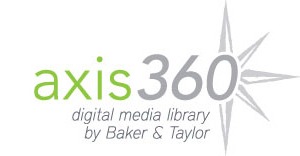CHENNAI: Their excitement was palpable as they were handed a copy of 'The Hungry Caterpillar.' A Shaktivel of Class 6 eagerly ran his nimble fingers over the protruding Braille script on the leaves of the pages, mouthing the words, while his friend G Pradeep kept feeling the rough texture of a cloth caterpillar stitched across the page. S Shyam Kumar kept inserting his fingers wherever he could to get a feel of the pages.
The three St Louis School for Blind and Deaf in Adyar students, along with a few others from their school and from the Little Flower Convent Higher Secondary School for the Blind, were among 10 students gathered at Hippocampus Children's Centre in Adyar on Friday for the inauguration of a special section for the visually challenged. Possibly the first of its kind, the section provides easy accessibility for visually challenged children to story books in Braille, audio books and tactile toys.
"We do have story books at school, but I haven't really read any that have pictures that can be felt," said Shaktivel as he ran his fingers over an embellishment of a tortoise. "My favourites, however, are always those involving a mouse or a fox. Mice are so mischievous and foxes are cunning. Super-aa Irukkom (it will be super)."
A joint initiative of the Karadi Cultural Alliance Trust (KCAT) and Sir Ratan Tata Trust fund, the Creative Resource Centre (CRC) contains more than 100 Braille titles. The books are by popular children's book houses such as Karadi Tales, Scholastic, Tulika, Mango Books, Ekalavya Publishers and Tara. "We were looking for a space that would be easily accessible to both differently abled as well as regular children," said Shoba Vishwanath, a founder-trustee of KCAT.
MORE NEWS AT: http://articles.timesofindia.indiatimes.com/2012-08-04/news/33034643_1_audio-books-braille-script-story-books

